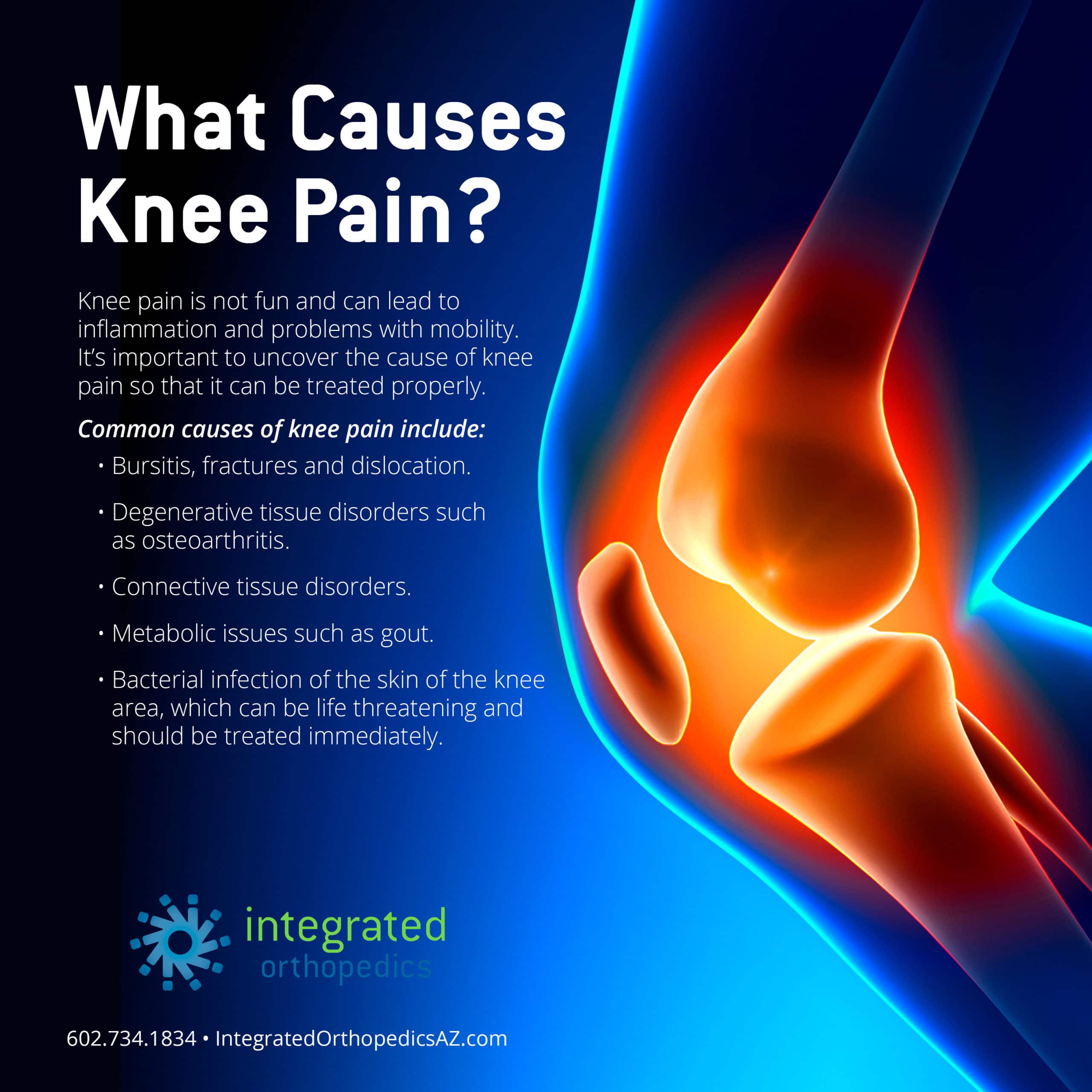
Knee pain treatments come in many forms, from simple medication to invasive surgery. Your doctor will recommend an option that will best suit your particular situation. Some medications are better than others and will have fewer side effects, but some may worsen your symptoms. Read on for some of the most common treatment options. Here are the most common types of knee pain and how they can help. And, remember to talk to your doctor about any questions you have.
Radio frequency knee therapy is another option. This treatment requires no incision and only takes 40 minutes. It uses specialized needles to deliver radio frequency waves into the knee joint. The procedure can cost anywhere from $2,000 to $4,000. The procedure is still relatively new, but it is becoming more widely available. Though it is expensive, risks are minimal if performed by a skilled professional. However, it is important to choose a treatment method that you can afford.
Regenerative medicine is a great way to relieve knee pain and improve joint function. Stem cells are taken from your body to speed up the healing process and stimulate new cell growth. Other treatments can boost your body's own stem cells to promote new tissue growth. For instance, bone marrow aspirate concentrate uses your own stem cells. Other procedures use fat from your body to harvest stem cells. These methods are safe and effective.
Physical therapy is another popular option for treating knee pain. Some types of exercise are ideal for relieving pain. Tai chi is a mind-body exercise and helps strengthen muscles around the knee. A gentle and steady movement of the knee can improve the circulation and balance in the joint. These techniques have helped millions of people find relief from knee pain. The list of available treatments is long and detailed. If you are suffering from knee pain, seek treatment immediately.
Some treatments are more effective than others. Hyaluronic acid injections can relieve pain for several months. They are often more effective than medications, but these treatments will only work temporarily. If you suffer from chronic knee pain, you should see a doctor to rule out other causes. Your doctor will perform a physical examination and order tests to rule out other health problems. Often, early diagnosis can lead to better results.

Various treatment options are available to treat knee pain. There are different types of ice packs, massage and acupuncture. Some of these are not covered by insurance but may help relieve pain. Most of these treatments will depend on the cause of your problem. It is extremely important to consult your doctor before choosing any type of treatment. They may not be covered by insurance. Therefore, you should consult your health insurance provider and visit the health website cth.co.th to find out what is best for you.
NSAIDs may reduce knee inflammation caused by arthritis. The treatment is very effective in treating severe knee pain. You should see a doctor if your pain is severe. An injury that damages the knee can cause permanent damage. So, you must know the symptoms and causes of knee pain. Your doctor can recommend a treatment plan that will best suit your specific condition. It is very important to understand that there are several treatments for knee disease.
The first step in treatment is determining the cause of knee pain. It is important to know the symptoms associated with your condition. If pain persists for more than a few days, you should consult a doctor immediately. If your pain is caused by an injury, an MRI will reveal the cause. Your doctor will then diagnose and recommend a treatment plan for your knee. If you have a knee injury, you should see a doctor immediately.
NSAIDs are usually prescribed by your doctor to treat inflammation and pain in the knee. These medications can help reduce inflammation and pain and are usually covered by most insurance companies. However, Medicare will pay the full cost of the procedure. Moreover, they are also a good alternative for patients who cannot tolerate medications. Before starting treatment, you should discuss the risks and benefits with your doctor. A physical therapist will be able to recommend exercises and medications that are best for your situation.
